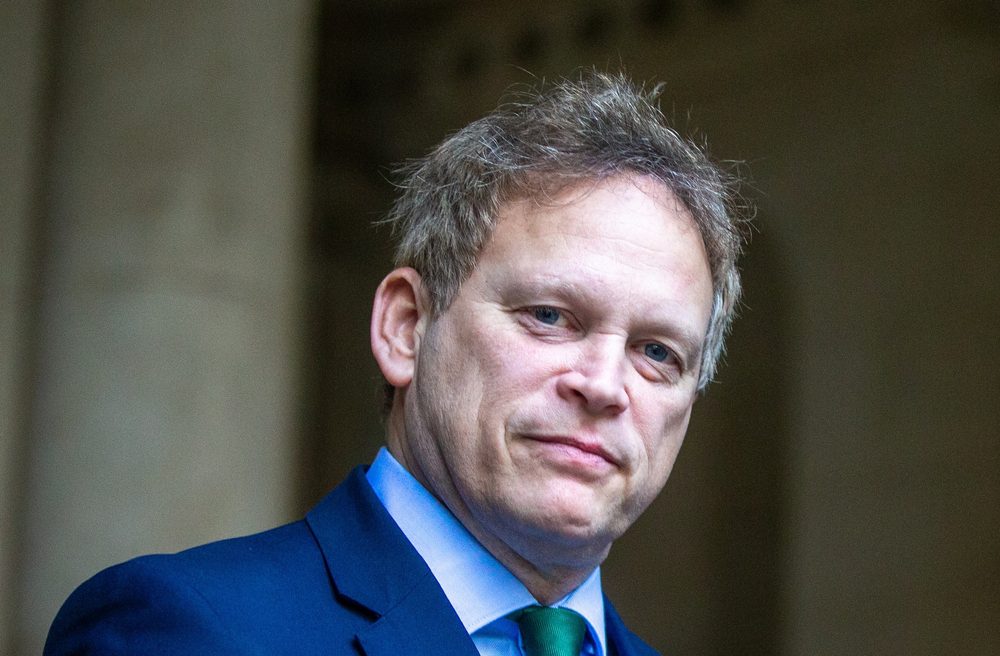
Grant Shapps, who last week replaced Ben Wallace as UK defence secretary, is a strange choice for one of the most important cabinet briefs of today, a field in which he has very little experience and, some say, even smaller interest.
It is the Tory frontbencher’s fifth cabinet position in just 12 months, a dizzying enough path for even the most rounded of politicians. Critics, Tory MPs included, were quick to argue that the appointment had been made simply because “he’ll do exactly what [Prime Minister] Rishi [Sunak] tells him.”
Former minister on Shapps' appointment: "He'll do exactly what Rishi tells him, which fundamentally means no more money for defence… put in the man who will not only obey but will then spin it all on the airways whilst Rishi hides in No10 as usual"
— Calgie (@christiancalgie) August 31, 2023
Another Conservative Party representative said Shapps is not up to the task because he “doesn’t get across detail and only cares about photos and gimmicky press releases.” Mr. Shapps, others jibed, is better suited to spotting photo ops than new strategic avenues.
Coming soon to a tweeted pic near you Grant Shapps in a tank
— David Aaronovitch (@DAaronovitch) August 31, 2023
This may all be true, but more important is that the tasks ahead of Mr. Shapps would be challenging even for a figure considered most well-suited to the role of defence secretary. Simon Diggins, a defence and security analyst and former Regular Army Officer, described these as “unenviable.” He told The European Conservative that among Shapps’ various new tasks would be, unsurprisingly, the war in Ukraine:
This will be harder in the next two years as it is unlikely there will be an operational breakthrough: many tactical gains but an offensive, operational victory may elude them.
The defence budget, too, may have “improved” but remains “inadequate.”
What does adequate look like? A deployable armoured division with corps enablers; two working fleet aircraft carriers (with support ships); and matching deployable air groups. Money-wise, we need to be 2.5% of GDP as soon as possible, with a path to 3% by 2030; we are miles off this currently.
Picturing Mr. Shapps persuading the rest of the government to meet these demands is difficult. But, Colonel Diggins stressed, it is important to try, given that “the U.S. do[es] not regard us as a ‘first-class’ power; that matters because we do not get a seat on the top table; witness what happened to Ben Wallace.”
One of the largest “real world” problems, the former officer stressed, has to do with Russia:
The threat from Russia is real but the appetite to oppose it is not as universal as during the Cold War. This may become a U.S. election issue in 2024; the Republicans, particularly, are going through an isolationist phase (always an option in Republican circles) and the Democrats are not so convinced either; Obama’s support for NATO, Afghanistan, and Libya was very ‘conditions-based.’
The “elephant in the room,” he added, was the collapse of the French position in the Sahel, which has received little coverage in the UK.
But perhaps the most significant issue is that if the past year is anything to go by, Mr. Shapps won’t be in the position long enough to even attempt altering any of the above.
